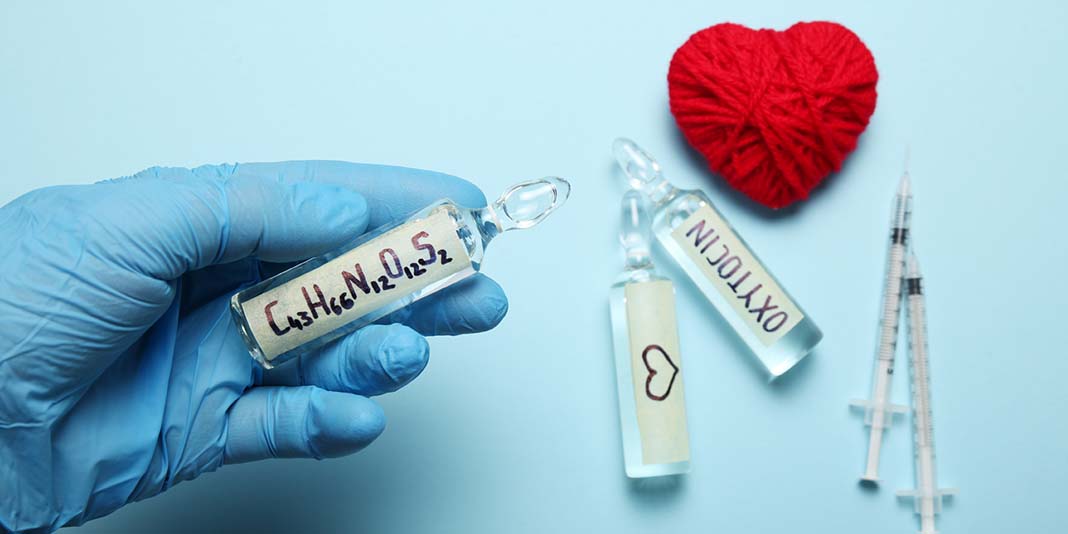Oxytocin is usually associated with positives—whether it is enabling mothers to love their babies or helping you reach the big O, it has had very few negative reviews. Recently, however, a new study revealed that it does have a dark side. In one study, the subjects were given oxytocin before playing games of chance and they exhibited more signs of gloating and envy of their opponents, rather than increased trust or happiness, as was expected. The new take on oxytocin is that it does not boost positive social emotions, but instead increases the “approach-related” emotions. These feelings have to do with wanting, which can either be positive, like generosity, or negative, like gloating. Unfortunately, this means that oxytocin may not be the feel-good solution to all of our problems, as it does not always enhance positive emotions. In a test for the treatment of generalized personality disorder (GAD) and borderline personality disorder, subjects treated with oxytocin found that it actually decreased trust. Oxytocin may not be the cure-all it was once thought to be. While its positive attributes are still undeniable, taking a holistic approach and acknowledging its downsides is the best way to get the whole picture.
MORE: What’s Your Emotional Intelligence?







































